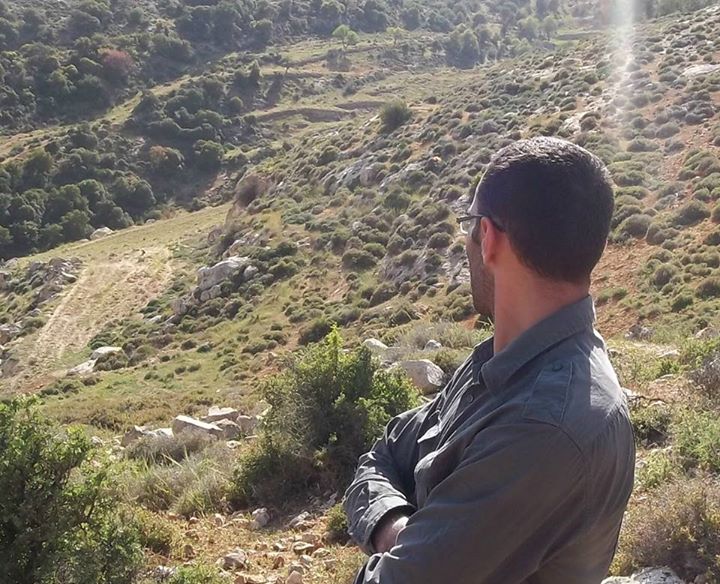Tag: Demonstration
-
The broken wheel of Israeli ‘justice.’ The case of Mahmoud Abujoad Frarjah
4th October 2015 | International Solidarity Movement, Al-Khalil team | Gaza, occupied Palestine Sireen Frarjarh and her husband Mahmoud Abujoad Frarjah met eyes numerous times during this past Tuesday’s trial in an Ofer military court hearing. The trial was to determine if the young, newly married Palestinian man from the Deishah refugee camp in Bethlehem, would be…
-
Israeli forces escalate restrictions and violence against Palestinians during Sukkot-holiday
2nd October 2015 | International Solidarity Movement, Al-Khalil team | Hebron, occupied Palestine Monday, Tuesday and Wednesday, the 28th – 30th September 2015 is the Jewish holiday of Sukkot. In the occupied West Bank city of al-Khalil (Hebron), while Israeli settlers from the many illegal settlements within al-Khalil celebrate their holiday, Israeli forces have escalated…
-
Senseless violence against Palestinian demonstrators in al-Khalil (Hebron)
29th September 2015 | International Solidarity Movement, Al-Khalil team | Hebron, occupied Palestin Today in occupied al-Khalil (Hebron), Israeli forces ruthlessly attacked a peaceful demonstration. The demonstration was organised against the Israeli forces deadly shooting of 18 year old martyr Hadeel Hashlamoun at a Tel Rumeida checkpoint yawning into segregated Shuhada Street. Israeli forces started…



